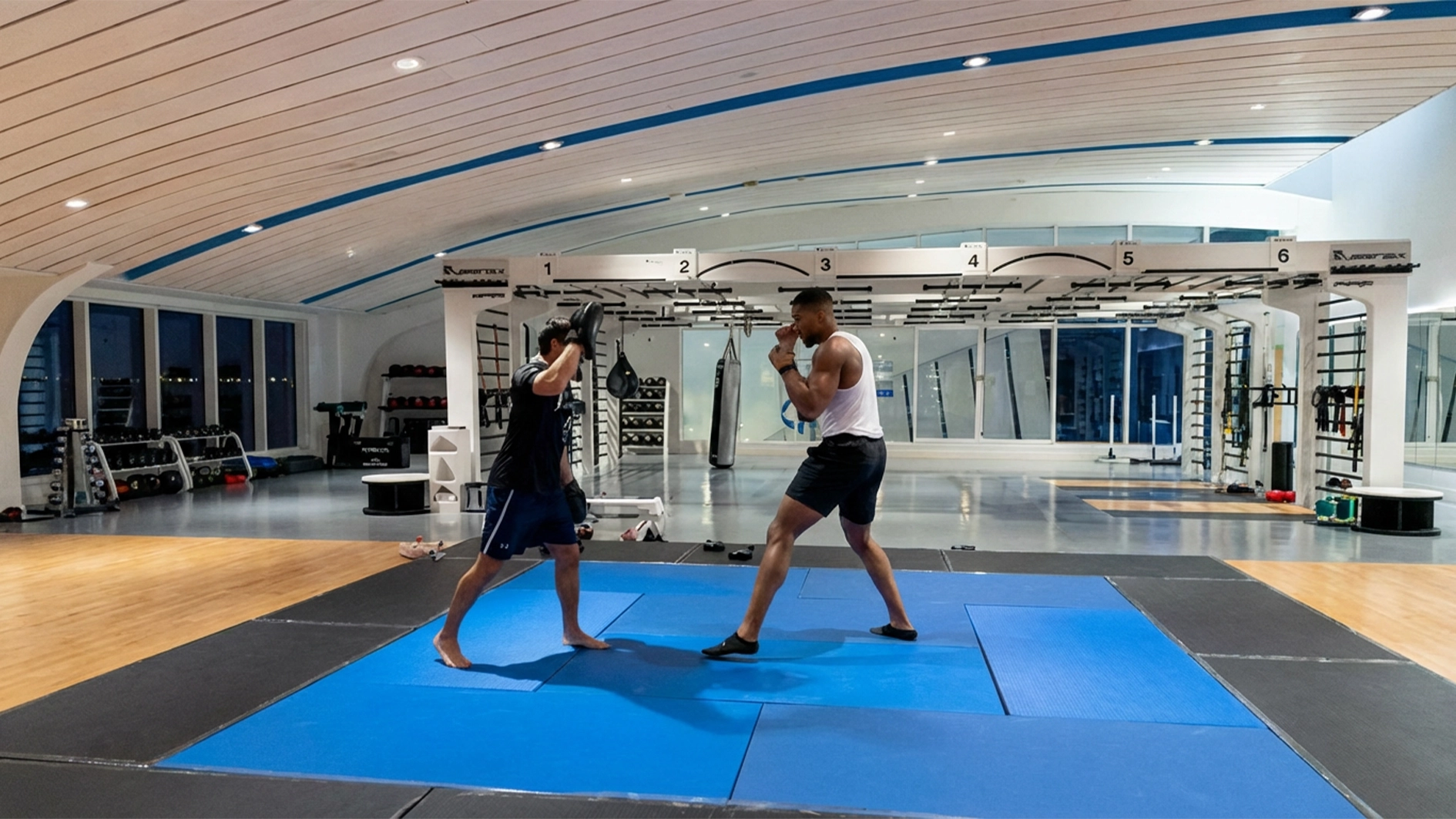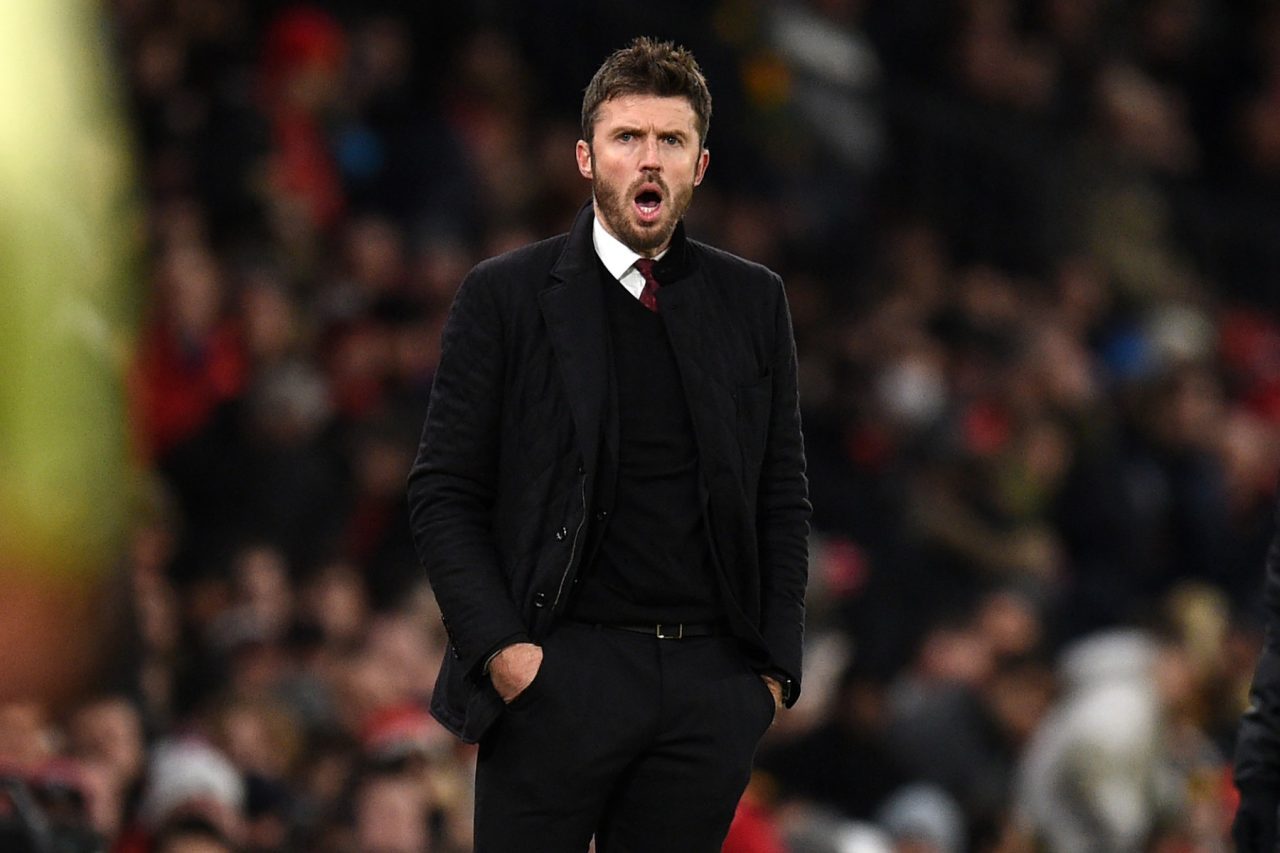After a one-day strike to demand the payment of their outstanding allowances, the Super Eagles returned to training yesterday to continue preparation for today’s 2026 World Cup African playoff against Gabon.
The Super Eagles went on strike on Tuesday to protest their unpaid allowances dating back to bonuses earned at the 2019 Africa Cup of Nations hosted by Egypt.
The players and their officials said that they were particularly peeved by the attitude of the Nigeria Football Federation (NFF), which they accused of treating their welfare with levity.
But after a meeting with top officials of the National Sports Commission (NSC) and the NFF, the players resolved to go back to work ‘in the interest of the nation.’
Although details of the settlement were not made available to The Guardian at press time, a source close to the players said that the meeting made concrete promises to the team.
He said that the players have been assured that they would get their money before or immediately after the end of the African playoff, which begins today and ends on November 16.
The source said that while the strike lasted, the players were doing minor training and were in good shape for the game against Gabon at the Complexe Sportif Prince Heritier Moulay Al Hassan in Rabat.
The high-stakes encounter provides a second window for both teams to try and qualify for the 2026 finals in the U.S., Canada and Mexico after missing automatic tickets in Africa’s 23-month qualifying campaign.
The winner of the game will meet the winner of today’s second game between Cameroon and DR Congo to determine Africa’s representative in an inter-confederation playoff next year in Mexico.
Before Tuesday’s unfortunate strike, the Super Eagles, who missed the last World Cup in Qatar in 2022, had vowed to do everything possible to return to the world’s biggest football festival in North America next year. But in Thierry Mouyouma’s Panthers, the Super Eagles, who have been to the Mundial six times in the past, are faced with a team willing to lay down their lives to qualify for their first-ever appearance at the World Cup.
On paper, the Super Eagles, with the continent’s most lethal attack, anchored by African Footballer of the Year nominee Victor Osimhen, have the firepower to overcome the Panthers. But the events of the past two days have dampened Super Eagles’ fans’ expectations of their team.
Gabon emerged as the best second runners-up in all nine qualification groups, and hinged their hopes of an upset on 36-year-old forward Pierre-Emerick Aubameyang, who has turned out for English Premiership side Arsenal and German Bundesliga top team Borussia Dortmund, and is now with former European champions Olympique Marseille in France.
The brilliant forward’s father, Pierre-François Aubameyang, featured for Gabon at the 1994 Africa Cup of Nations in Tunisia, in which the Panthers lost their first match 0-3 to Nigeria and crashed out at the group stage, as the Eagles went on to win their second continental title.
Apart from Aubameyang, Coach Thierry Mouyouma has other battle-tested warriors capable of withstanding Nigeria’s onslaughts. They include goalkeeper Loyce Mbaba, Jacques Ekomie, Bruno Manga, Mick Omfia, Anthony Oyono, Guélor Kanga, former Juventus and Southampton star Mario Lemina and Didier Ndong.
Gabon, who have never before qualified, are the outsiders, but they were magnificent during qualification, dropping just five points, and the lethal combination of Denis Bouanga and Pierre-Emerick Aubameyang will give them hope of firing their way through.
How Skipper William Troost-Ekong and his co-defenders handle the twin threat in the absence of the suspended Semiu Ajayi will determine Nigeria’s fate in the game.






